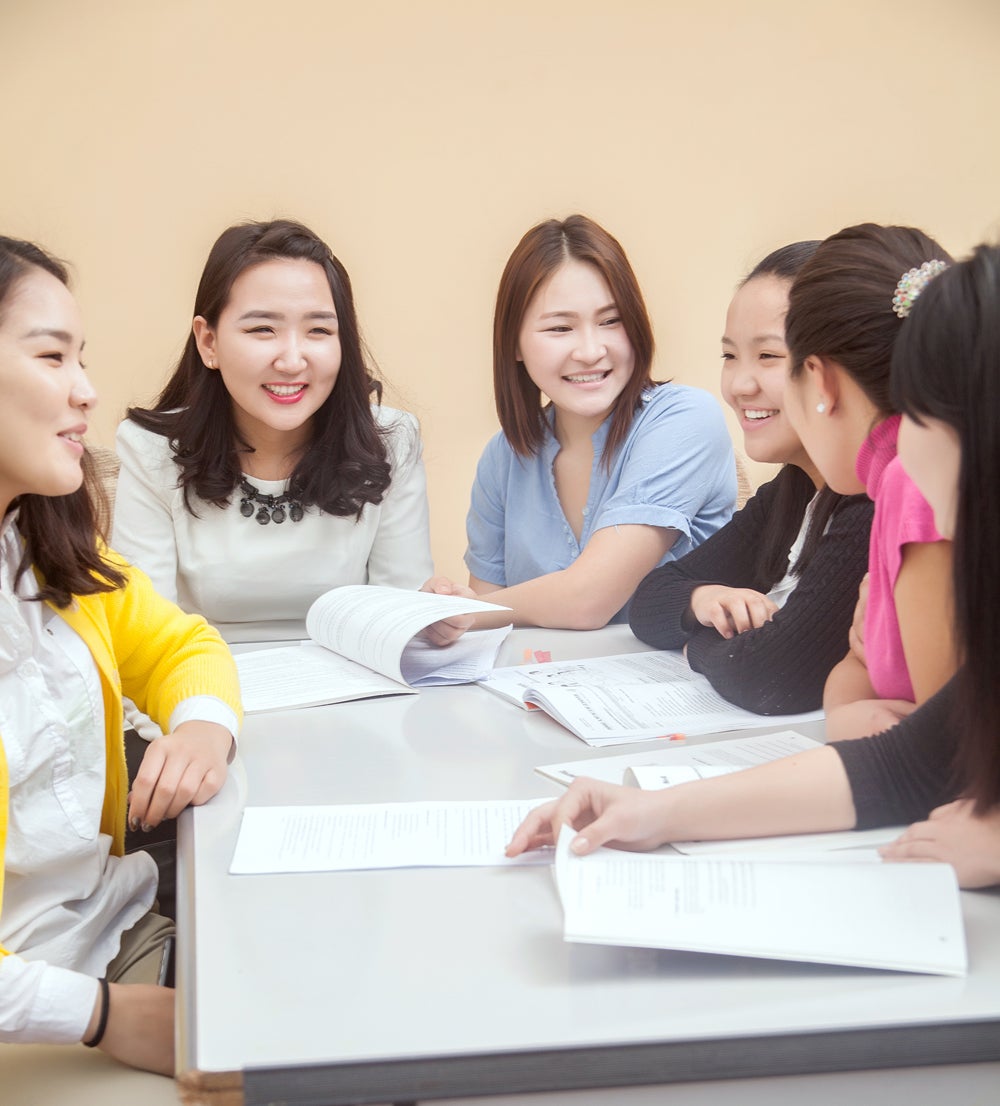Investing in the future of teenage girls is not only the right thing to do, it is the smart thing to do.
Ulaanbaatar, July 11, 2016 - Today marks World Population Day 2016, and the United Nations Population Fund (UNFPA) celebrates it with the theme “Investing in Teenage Girls”.
Around the world, teenage girls face more and greater challenges than teenage boys. This may include the expectation to be ready for marriage, pregnancy and childbirth at an early age, in many cases just upon reaching puberty. As a result, these teenage girls may experience greater health risks, discontinued education, and thus very limited opportunities for the future.
UNFPA believes that when a teenage girl has “the power, the means and the information to make her own decisions in life, she is more likely to realize her full potential and become a positive force for change in her home, community and nation.” It supports the country’s efforts to empower teenage girls by protecting human rights, including promoting access to information and services, specifically in sexual and reproductive health care.
Sustainable Development Goals
In light of the new 2030 Agenda for Sustainable Development, teenage girls have the opportunity to claim their rights, realize their aspirations and transform the world. When countries invest in the health and education of their youth, especially teenage girls, and create opportunities for them to realize their full potential, they are also better positioned to realize a “demographic dividend”, which can propel economic growth to combat poverty.

Defined as a “boost in economic growth that occurs when there is a larger number of people of working age than those below or above working age”, the demographic dividend can be achieved in a country like Mongolia, where there is a large emerging youth population. Maximizing this demographic dividend depends on government policies and projects that lead to “empowerment, education and employment of the people, together with higher savings and investment in productive resources.”
While Mongolia’s youthful population positions the country favorably towards this economic boost in the future, there continue to be some challenges, not least among Mongolia’s teenage girls. Consider the following:
Teenage fertility is high: for every 1,000 girls (between the ages of 15-19), there are 40.4 childbirths. Compare this to countries within the region or with similar incomes: Turkey- 29.3, Malaysia- 13.3, and Singapore- 4.
Unwanted pregnancy is high among teenagers: 14.1 % of the girls who become pregnant between the ages of 15-19 have abortions.
Knowledge and practice of family planning is low: 36% of the girls between the ages of 15-19 have unmet need of contraception and don’t have knowledge about family planning.
As such, UNFPA realizes the importance of working with policymakers, as well as communities, non-governmental organizations, youth-led groups and other partners to promote the need of investing in teenage girls. In partnership with Swiss Development Cooperation, Government of Luxembourg, and Oyu Tolgoi, UNFPA implements the Youth Development Program, in particular, and established 16 Youth Development Centers across Mongolia where young people, including teenage girls, have access to Life Skills Education (LSE)/Comprehensive Sexuality Education (CSE) training opportunities, counseling, and health information and services. There is also continued advocacy of policies and projects that combat violence against women and girls countrywide.
“Early investment in teenage girls’ education, particularly for Life Skills Education, Comprehensive Sexuality Education, and Gender-Based Violence (GBV) prevention) and providing access to adolescent-friendly health services, will have an immense impact on the life of teenage girls“, says Naomi Kitahara, Representative of UNFPA Mongolia. “And ultimately, this will impact the outcome and achievement of the Sustainable Development Goals in Mongolia.”

